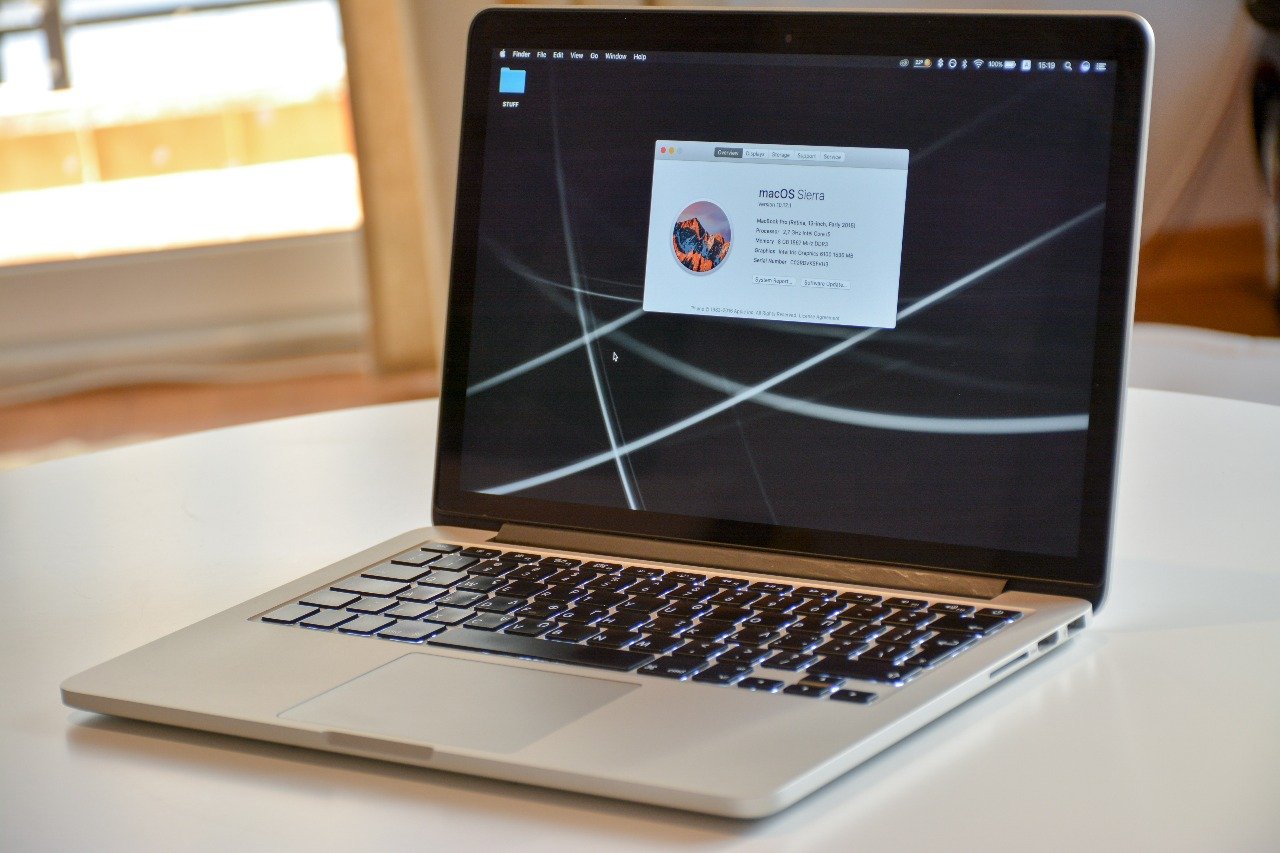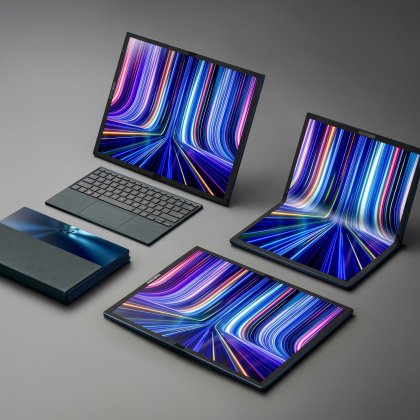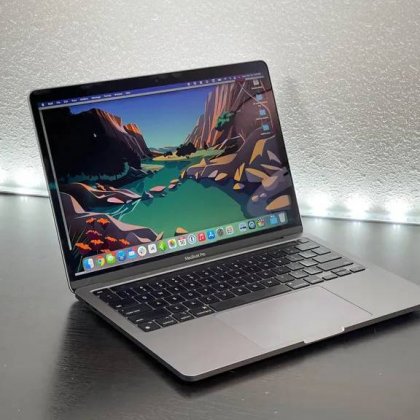THINGS TO LOOK OUT FOR WHEN BUYING A LAPTOP

An important question that comes to mind when you are going to buy a laptop is what to look for when buying a laptop. This laptop buying guide will surely help you to consider some points before buying a laptop.
Everyone wants a laptop. We all want to own a laptop that’s durable, has a strong battery life, is fast, and not too expensive. However, a lot of people don’t know what to look out for when buying a laptop.
People buy laptops for different reasons, and it is important you know why you want to buy a laptop; so that you don’t either over-spend or buy a laptop that won’t serve the purpose for which you bought it.
There are several things to look out for when buying a laptop, but we’ll be discussing only a few.
- First, you need to your “WHY”: Knowing your reason for buying a laptop is the first step to knowing what to buy. When opposed to a smartphone, a laptop is something you would use for a long period. So, before making a decision, you should be clear on the overall goal. For example, if all you want to do is create documents or browse the web, you won't need a MacBook Pro. Similarly, if you are a video editor or require greater system resources, a Pentium Dual Core PC will not suffice.
Before committing to a laptop brand and model, the objective must be confirmed. It is determined by the reason for which you will purchase the product. To illustrate, consider the following scenario. Assume you are a Literature student preparing to start college. In that case, you'll need a laptop with increased speed, normal performance, and an ultra-portable design. If that was the case, we would have recommended the MacBook Air, which is both portable and user-friendly. When studying animation, though, you will require a gadget with advanced graphics and processing rates. Depending on your goal, the tale continues.
So, again, before you settle on a brand, decide on a purpose, and then you'll know the answer to the question, "What kind of laptop should I get?" Then you'll know which brand is right for you.
- Your budget: We already said that laptops are now available in a variety of price ranges. It makes no difference whether you have N50,000 or N100,000, you can have a laptop for that price. It should be mentioned that performance varies depending on your price range. So, when you go to the internet store, you should have an idea of how much money you expect to spend. And, once inside the store, this will expedite things.
Another critical aspect of the budget is its persistence and adaptability. First and foremost, you must adhere to the anticipated budget while also considering your needs. For example, you would not have to spend more than N100,000 on a fairly used mid-range laptop. On the other hand, the price of a graphics-rich, high-speed laptop should be approximately N200,000 or above. Simultaneously, you can adapt to the offered deals. Assume you're looking for a better deal on a Dell XPS 13 Ultrabook. In that scenario, because it is a long-term investment, you can adjust the budget slightly.
To summarize, the budget is very crucial. You must stick with it while making modifications when it benefits you.
- The Brand, and Model: Let's be clear about it in case you're wondering. When buying a new laptop or an old one, the brand is an important consideration. We're not talking about brand loyalty or bragging rights. A laptop brand, on the other hand, can tell you a few things.
Let's use Apple as an example. The company is known for its user-friendly laptops that provide maximum portability, an easier UI, and other benefits. As a result, professionals who travel frequently opt to buy Apple Inc. laptops. Similarly, if you want an economical set of laptops with basic performance, HP is a better alternative. If you are on a tight budget, there are numerous best HP laptops to consider.
As a result, when it comes to making a purchase, the brand should be a deciding factor. In addition, when you buy a brand's laptops, you also get the service. After-sales service is critical in this case. If you choose a brand that does not provide customer service and support, you will be in big trouble. As mentioned in the last article, Dell is a name you can rely on for timely, high-quality after-sales support and technical assistance.
- Portability, weight, and screen size: One of the most important variables in determining the usability of a laptop is its screen size. The fundamental problem is the character of purpose here as well.
Consider the predicament of a professional journalist. He or she will have to travel to several locations and perform some portable computing activities. In that circumstance, a portable laptop with smaller screen size is required. You can, for example, choose a 13-inch or 14-inch screen size. However, exceeding the 15-inch limit will not be travel-friendly. Assume, on the other hand, that you are setting up a laptop-based workstation at home. Given that you will not be moving the gadget frequently, it makes sense to buy the device with the largest laptop screen.
Another point of worry is the device's weight. You can have various laptops of varying weights. In reality, numerous factors influence gadget weight, like battery size, screen size, and so on. For example, if the battery life is 12 hours or more, the laptop can be fairly heavy - Apple products are an exception here. Similarly, most laptops with 15.6′′+ displays have an average weight of roughly 1.5 KGs. The larger the screen, the heavier the laptop. Weight also varies depending on the brand. Some laptop makers clearly produce heavier laptops in comparison. These are the criteria that will decide the portability of the laptop you intend to purchase.
- RAM and Processor: These two sections are the most significant of this guide on what to look for when purchasing a laptop. Furthermore, we should discuss RAM vs. Processor in depth.
The Central Processing Unit, also known as the Processor, determines the speed and performance of your laptop. And, when it comes to selecting, you must select the best. As you may be aware, many manufacturers employ various processors in their gadgets. For example, MacBook devices are always equipped with high-end Intel Core processors, whereas AMD Processors are frequently seen in gaming-oriented laptops. You should be aware of everything before making your ultimate decision.
For example, if you expect standard performance from the gadget, you can opt for Intel i3 or i5 processors. If you're building a high-performance workstation or gaming laptop, you should go with the Core i7, which is both fast and stable. Other AMD CPUs and mid-range processors such as the Intel m3, m5, and m7 are available. It should be remembered that the processor also impacts the battery life of your laptop. For example, m5-powered laptops are more battery-friendly.
- Storage Space: Storage is more than just a place to keep files and documents. Laptops have various storage capacities. The most common type of storage is hard disk drive storage, which is the traditional form. It has standard performance, speed, and durability. However, in recent years, manufacturers have begun to use Solid State Drives for storage.
When compared to HDD, these are much faster and more dependable. SSD storage, for example, is less susceptible to physical damage and everything. It also has a positive effect on boot time and system performance. So, based on your preferences, you can choose between the SSD vs HDD duo.
- Battery life: Apple laptops, whether MacBook Air or MacBook Pro, have long been known for their exceptional battery life. The newest Air, for example, has a battery life of 12 hours. That is one of the reasons why journalists and other professionals on the move prefer Apple. ASUS Ultrabooks, on the other hand, provide devices with greater-than-average battery life. Obviously, these are just estimations based on your consumption pattern and type. For example, if you enjoy intense gaming, a laptop with long battery life is out of the question.
Given that you understand the function of a laptop, you may choose the battery life factor.
- Warranty and Support: Always look out for companies in the business that gives a reasonable warranty duration, signed and written, or typed on their invoice.
So, we went over a list of laptop specifications that should be considered while purchasing a laptop. We have done our best to make things clear, but you may still have particular questions. In reality, our laptop buying guide is intended to provide you with a thorough understanding of the various elements that are important. For example, you should now be more concerned with portability and screen size than with processing speeds and display features.






